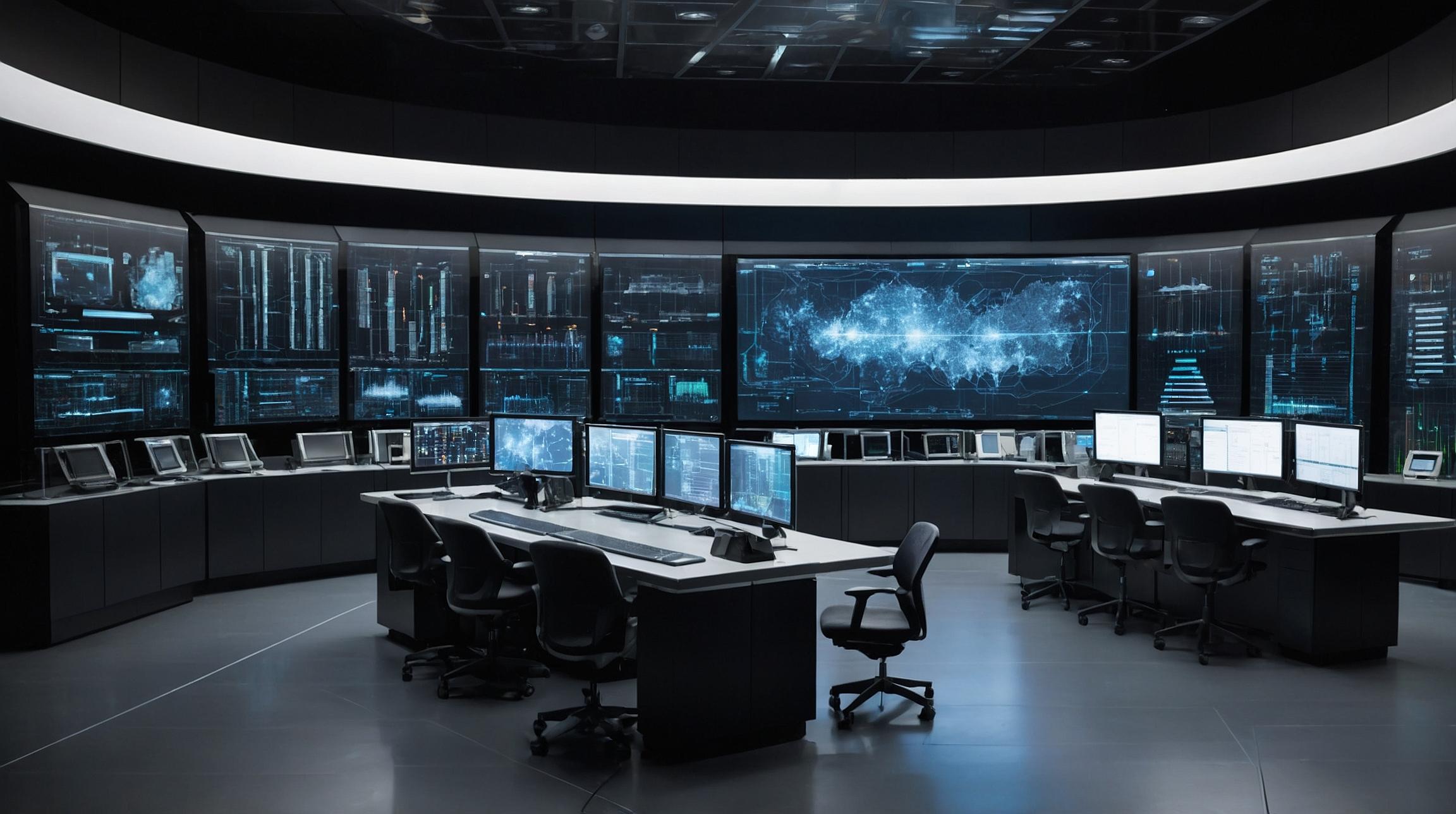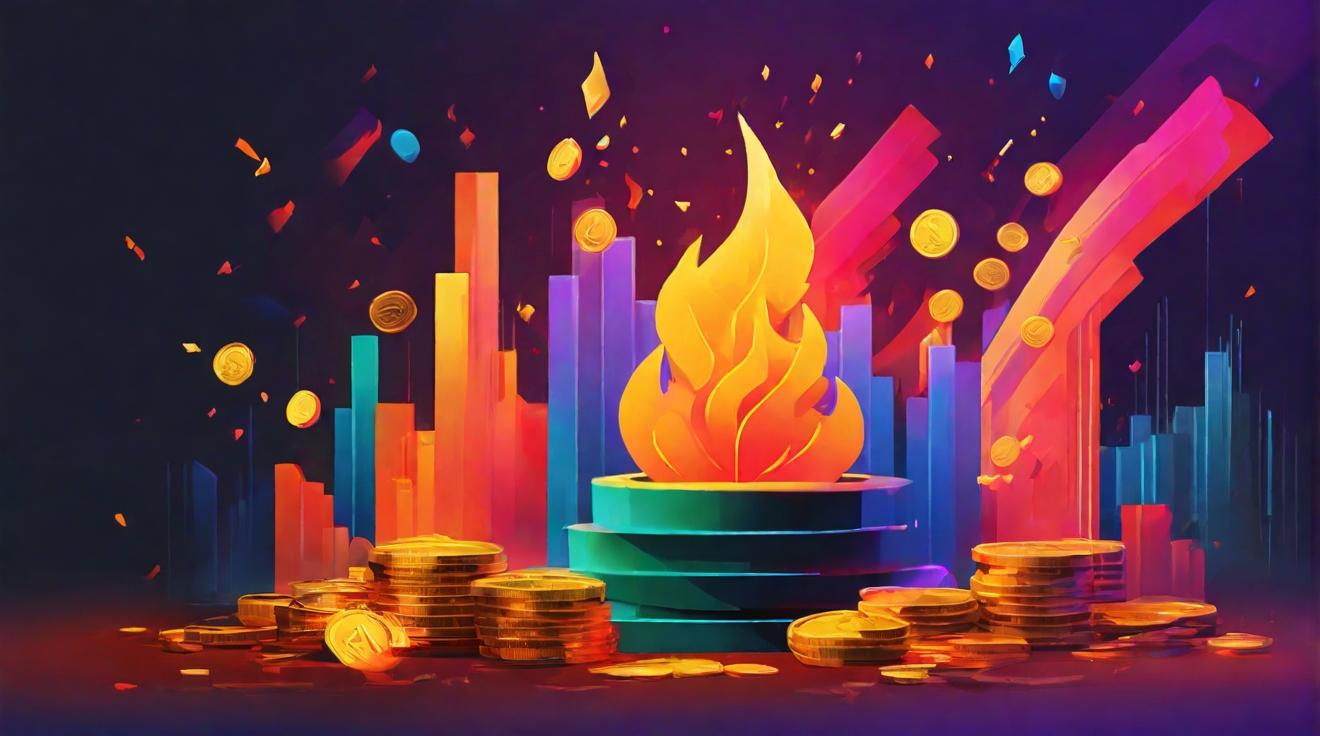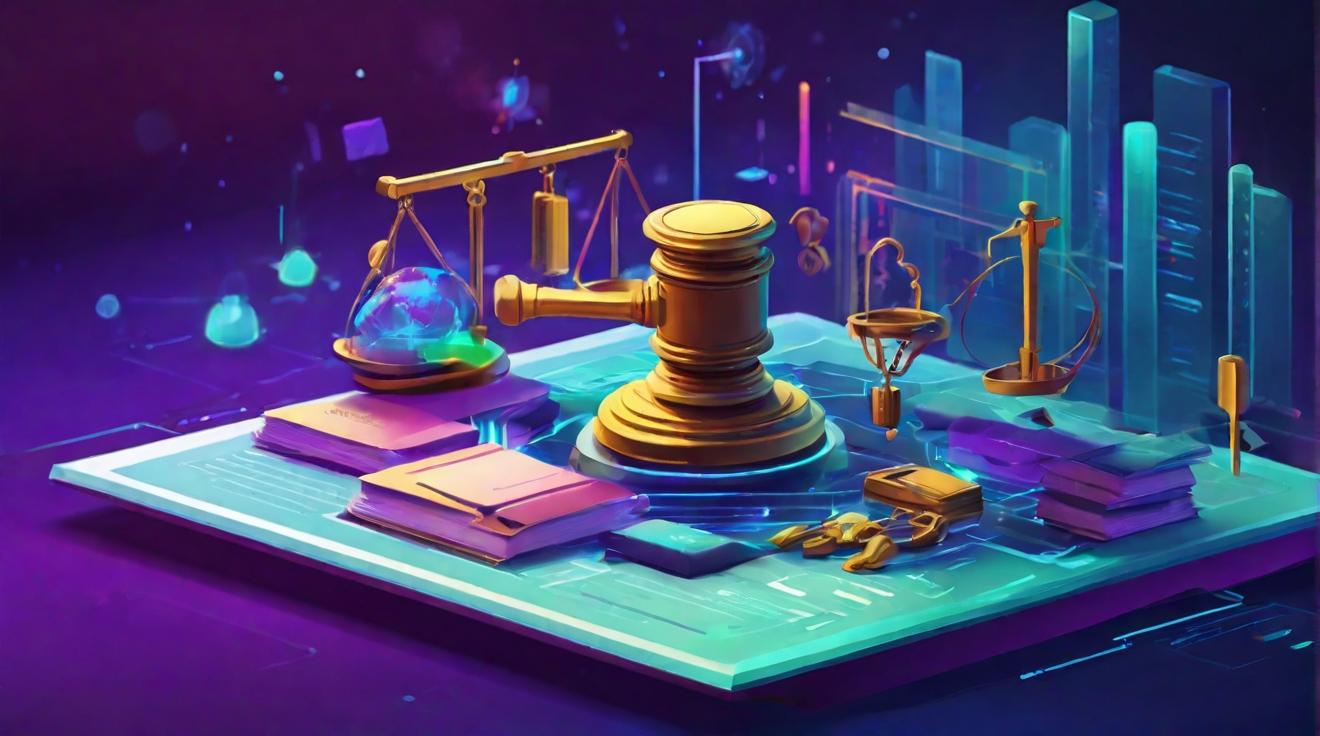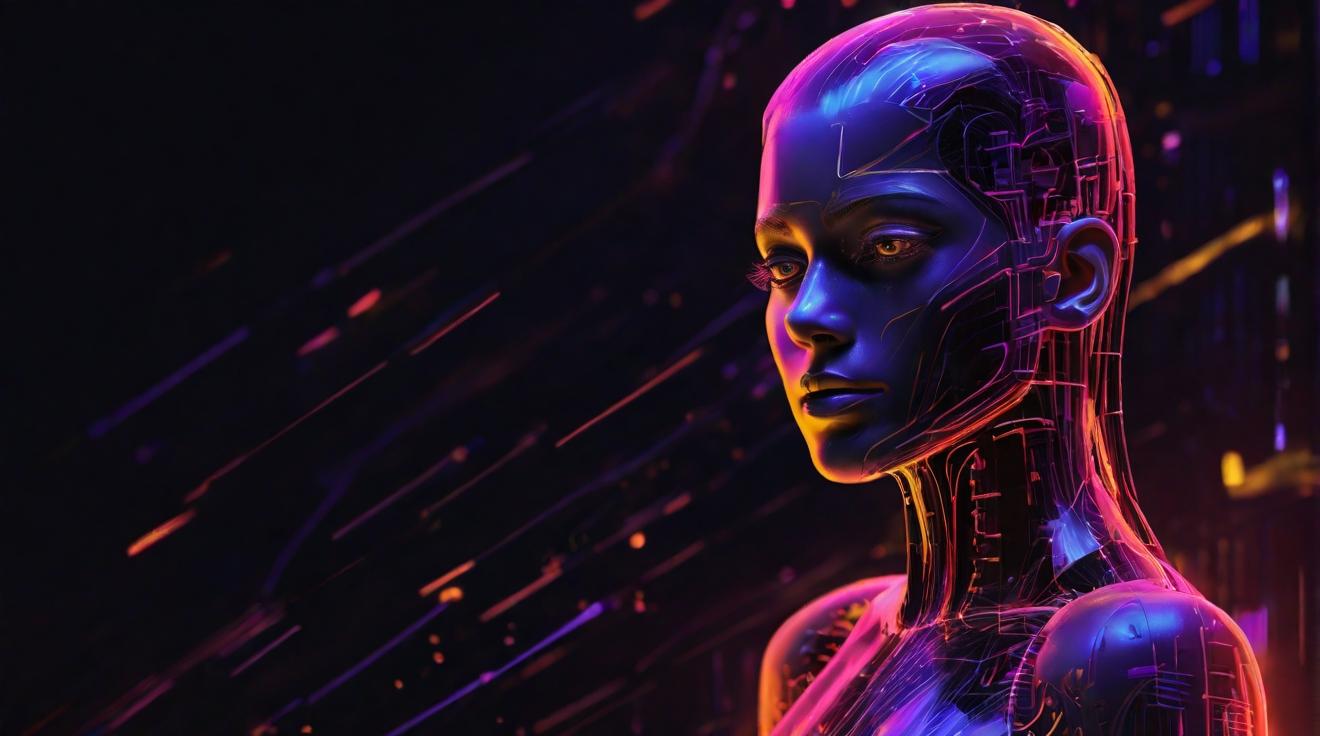The Convergence of OT and IT
Operational Technology (OT) involves hardware and software for monitoring and controlling physical devices and processes. In contrast, Information Technology (IT) deals with systems for storing and transmitting information. Traditionally separate, integrating OT and IT is now vital for modernizing Australia's energy grids.
Key Areas of Integration
- Smart Meters: These devices track real-time energy use, providing insights for both consumers and energy providers.
- Sensors and Automation: Installed across grids, they monitor metrics like voltage and load, adjusting automatically to prevent issues.
- Communication Networks: They transfer data between grid components using wired or wireless systems including Wi-Fi and 5G.
- Software and Analytics: These tools analyze data from smart grids, helping predict demand and optimize distribution.
The Role of AI in Energy Management
Artificial Intelligence (AI) utilizes machine learning to enhance grid efficiency. By analyzing data like weather forecasts and consumption patterns, AI helps automate energy distribution, ensuring stable supply.
Cybersecurity: A Growing Threat
Australia's increasing reliance on renewable energy creates vulnerabilities to cyber threats. With 82% of organizations facing cyber attacks on OT systems, the risk escalates as the energy grid digitalizes. The decentralized nature of renewable sources, such as rooftop solar panels, extends the "attack surface," making it easier for cybercriminals to target.
Scaling Cybersecurity Investment
To secure its renewable energy ambitions, Australia must invest in robust cybersecurity. The Australian Energy Sector Cyber Security Framework is a positive step, aligning with successful models like the U.S. Department of Energy's framework. Additionally, IT professionals need to understand OT challenges and apply IT solutions to protect energy systems. This dual approach can ensure a secure transition to renewable energy, safeguarding against cyber threats.













